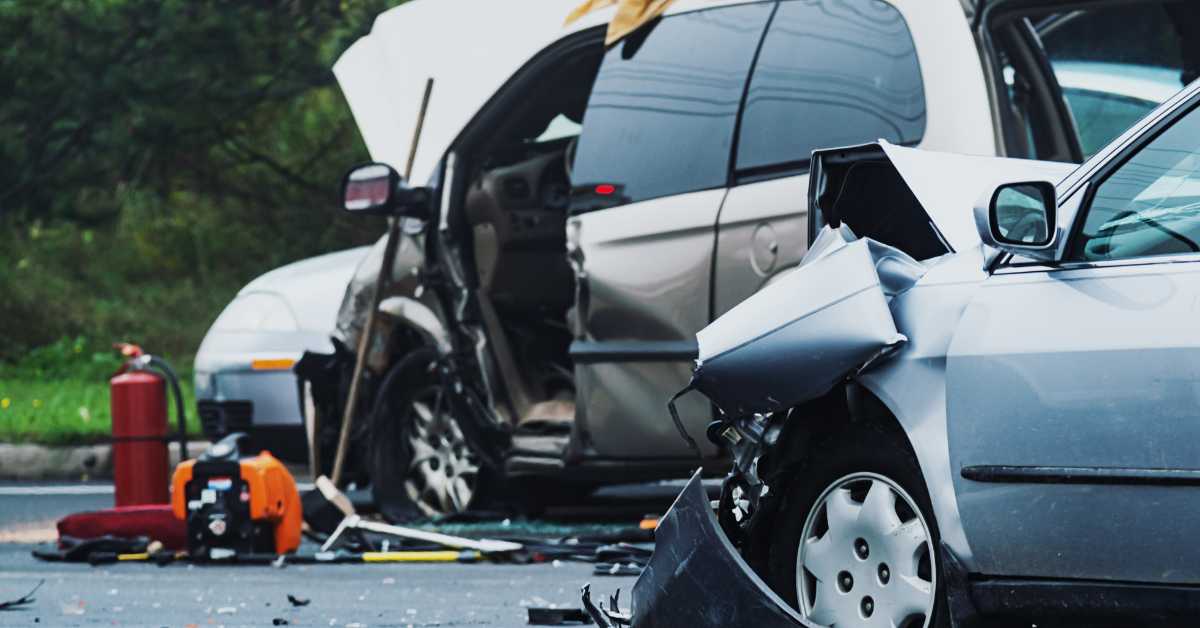What Happens If Someone Brake-Checked Me and I Hit Them?

When someone brake-checks you, they’re practically asking for an accident to happen. But what happens when you actually hit someone after a brake check? Are you liable for the crash because you did not leave a safe following distance, or is the other driver liable for reckless driving?
The answer depends on the circumstances of the accident. A lawyer experienced in representing victims of brake-check accidents can evaluate your case and determine whether you have the right to seek compensation.
What Is Brake-Checking?
Brake-checking is a reckless driving activity in which a driver intentionally slams on their brakes to prove that a rear driver is following them too closely.
Extremely reckless drivers may brake-check others in an attempt to cause minor rear-end collisions, either as a form of insurance fraud or simply for the satisfaction of leading another person to be at fault in an accident. This careless behavior can lead to serious accidents with significant consequences ranging from whiplash injuries to paralysis.
Intentional brake-checking is different from other instances of sudden braking. A driver may brake rapidly in response to an object in the road, a driver in front of them braking, or a yellow light they decide at the last second not to run — these would not be examples of brake-checking.
Who Is Usually Liable in a Rear-End Accident?
The rear driver is liable in many rear-end accidents. Drivers have a responsibility to leave a safe following distance between their vehicles and the vehicles in front of them. Leaving a wide enough gap between vehicles ensures that a rear vehicle has plenty of time to stop in the event that the front driver brakes suddenly.
Insurance companies consider all of the circumstances surrounding an accident to determine liability, but leaving a safe following distance can prevent you from being held liable in a rear-end collision.
Is Brake-Checking a Form of Illegal Reckless Driving in Texas?
Texas law prohibits drivers from acting in a way that shows “willful or wanton disregard” for the safety of other people and property. While brake-checking is not expressly illegal in Texas, this policy shows how brake-checking can be considered unlawful.
A driver who exhibits reckless behaviors like brake-checking could face up to $200 in fines and up to 30 days in jail. If you believe the other driver in your accident acted recklessly, your brake-check accident attorney can help you build a case against them. Proving their willful disregard for your safety can take the accident liability off you and place it onto them.
How Texas’s Comparative Negligence Policy Affects Brake-Check Accident Liability
Texas follows a comparative negligence policy when determining liability in an accident. Under this standard, all parties involved can be held partially liable. The insurance company assigns a percentage of fault to each driver, and no driver who is more than 50% to blame for the accident can collect damages.
Because of the nuances involved in brake-check accident liability, the insurance company may assign partial liability to you and the brake-checking driver. With the help of a qualified lawyer for the victims of brake-check accidents, you can show the insurance company the other driver was primarily at fault and reduce your liability determination, maximizing your available compensation. Having dash cam video can be incredibly helpful to prove your version of the story is correct.
Injured in a Brake-Check Accident? Know Your Rights
Just because you rear-ended another driver in a brake-check accident does not mean you are unable to seek compensation. An experienced car accident attorney can gather evidence to show the other driver’s careless and unsafe behavior, pinning the liability on them.
Our Texas accident attorneys are standing by to assist you. Contact Fadduol, Cluff, Hardy & Conaway, P.C., today at 800-433-2408 for your free consultation with a lawyer for the victims of brake-check accidents.
